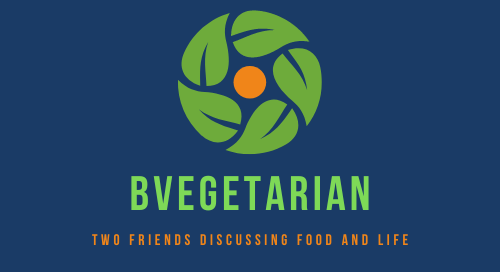I remember eating Chinese Moon cake and loving it very much. I used to wonder what’s the tasty sweet fillings and then I came across Adzuki beans..they remind me of mung beans except that they are red in color.
Adzuki beans, also known as red beans, are a type of legume that has been a staple food in East Asian countries for thousands of years. These small, reddish-brown beans have a slightly sweet and nutty flavor and are a great source of protein, fiber, and other essential nutrients. Let’s take a closer look at the history, geographical distribution, and culinary uses of Adzuki beans.
History and Geographical Distribution
Adzuki beans have been cultivated in China, Japan, and Korea for over 2000 years, and they have played an important role in the traditional diets of these countries. The beans were first introduced to Japan during the Yayoi period (300 BC – 300 AD) and have since become a popular ingredient in Japanese cuisine. Adzuki beans are also widely consumed in China and Korea, where they are used in a variety of sweet and savory dishes.
Description
Adzuki beans are small, oval-shaped beans that are usually red or brown in color. They have a sweet and nutty flavor and a slightly firm texture. Adzuki beans are packed with nutrients and are a great source of protein, fiber, iron, magnesium, and potassium.
Adzuki beans are a versatile ingredient and are used in a wide range of dishes in East Asian cuisine. Here are some of the most popular dishes featuring Adzuki beans:
- Red Bean Paste: Red bean paste, also known as anko, is a popular filling for Japanese desserts such as mochi and dorayaki. The paste is made by cooking Adzuki beans with sugar and then mashing them into a smooth paste.
- Adzuki Bean Soup: Adzuki bean soup is a popular dish in China and Korea. The soup is made by cooking Adzuki beans with water and sometimes with other ingredients such as sweet potatoes, lotus seeds, and jujubes. The soup can be sweet or savory and is often served as a dessert.
- Sweet Rice Cake: Sweet rice cake, also known as nian gao, is a Chinese dessert made from glutinous rice flour and Adzuki bean paste. The cake is steamed and then cut into slices and served.
- Adzuki Bean Porridge: Adzuki bean porridge is a simple and healthy breakfast dish that is popular in Korea. The porridge is made by cooking Adzuki beans with water or milk and then adding rice or other grains.
- Adzuki Bean Salad: Adzuki bean salad is a refreshing and nutritious dish that is often served as a side dish in Japan. The salad is made by combining Adzuki beans with vegetables such as cucumber, carrot, and radish, and then dressing the salad with sesame oil and soy sauce.
Easy Way to Cook with Adzuki Beans
Adzuki beans are a great ingredient to add to your diet, and they are easy to cook with. Here is a simple recipe for Adzuki bean soup:
Ingredients:
- 1 cup Adzuki beans
- 6 cups water
- 1 piece of ginger ( 1 inch long, peeled and shredded)
- 1/2 cup sugar
Instructions:
- Rinse the Adzuki beans and soak them in water for at least 2 hours or overnight.
- Drain the beans and put them in a pot with 6 cups of water and ginger.
- Bring the water to a boil and then reduce the heat to low and simmer for about 1 hour or until the beans are soft.
- Add the sugar and stir until it dissolves.
- Serve the soup hot or cold.






